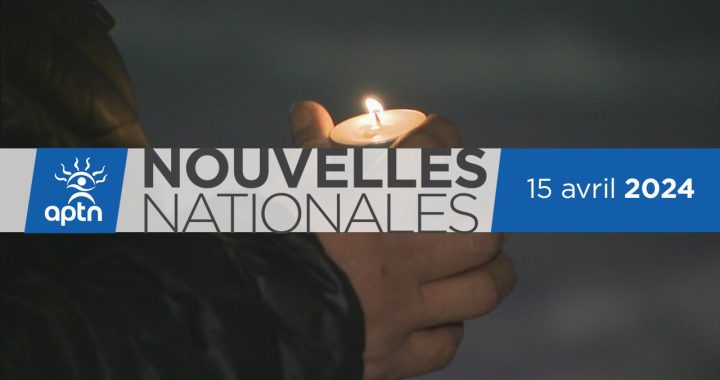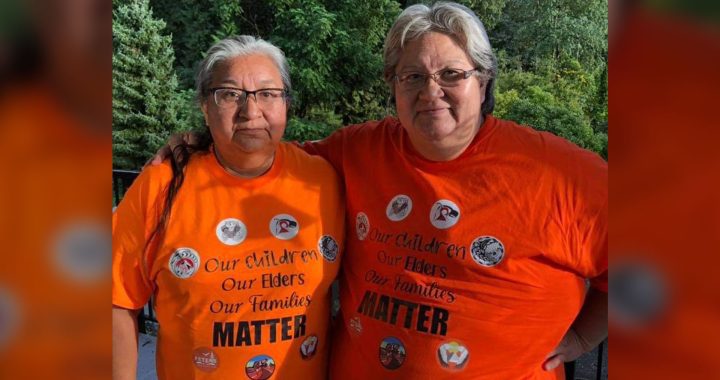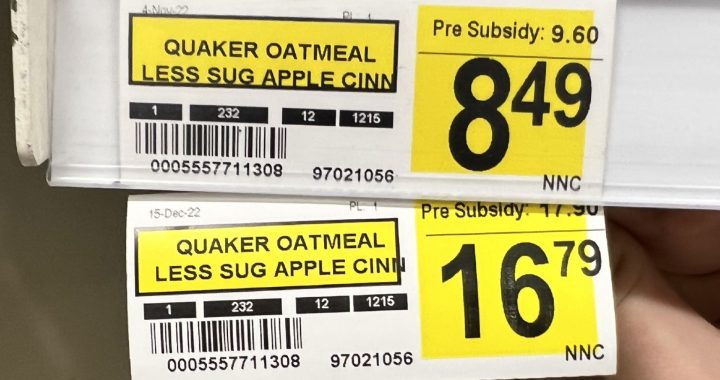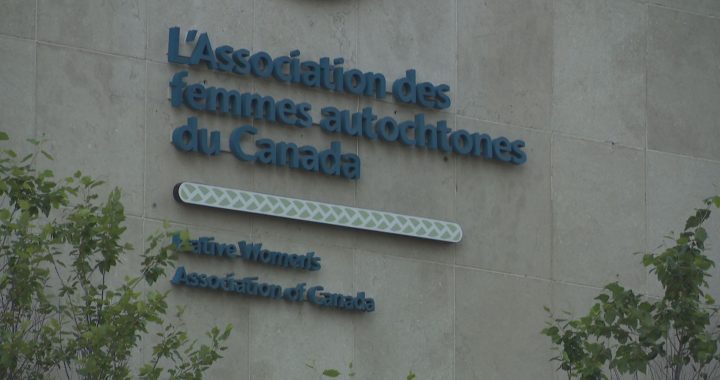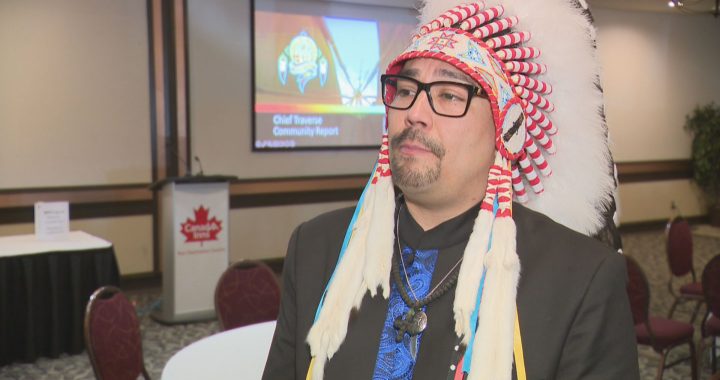The lawyer who oversaw the investigation into racism in British Columbia’s health care system says without a doubt, racist stereotypes exist in other public services.
“I did get other complaints that were from, for instance, the K to 12 system where kids are not getting medical services there and often experiencing racism,” says Mary Ellen Turpel-Lafond. “And the justice system where you have ambulance and police responding and getting a justice response, namely someone is detained instead of getting health services.
“And then of course, child welfare. Families in hospitals frequently get targeted to be reported to child and family services when they’re there for their own health issues.”
Turpel-Lafond submitted her findings on racism in the B.C. health system to the provincial government at the end of November.
The review was launched after allegations health care workers were playing a ‘price is right’ type of game where they would guess the blood alcohol levels of First Nations and Metis patients.
The report, In Plain Sight, found there was no organized game but did find episodes where there was guessing about blood alcohol levels, and much worse.
“I think it probably would have been, personally an easier finding if it was just simply a game that was happening in B.C. health care which was away from patients. Even though it would have been profiling and potentially racist,” says Turpel-Lafond.
“What I found in fact, was despite some guessing happening here and there, at the direct point of care with Indigenous people, First Nations and Metis in British Columbia, I found hundreds of examples of direct, personal racism and implicit bias.”
More than 9,000 people took part in the investigation and more than 600 cases were reviewed.
The former judge says the findings were disturbing; 85 per cent of Indigenous people said they had experienced racism and discrimination at the point of care, One-third of non-Indigenous health care workers provided information about a racist incident they personally witnessed, 52 percent of Indigenous health care staff said they experienced direct racism from their colleagues.
“For the Indigenous health care workers, I found their stress, their employment, has been adversely impacted because of the racism they have experienced and I even found multiple cases where the racism was career limiting. Meaning, someone should grow or develop in their role or their job, they should be supervising a unit for instance or advancing but the racism had actually limited their career chances and their opportunities,” says Turpel-Lafond.
Read More:
Investigation finds “hundreds of examples” of racial profiling of Indigenous patients
The investigation included reaching out to almost 5,500 health care workers who were primarily non-Indigenous.
Turpel-Lafond says it was disturbing to received 531, specific, prejudicial comments in return.
Health care workers who felt comfortable enough during the investigation to say that Indigenous patients are drunks or seeking drugs.
Misogynistic comments were received about Indigenous women being involved in sex work.
Turpel-Lafond says these entrenched attitudes have a massive impact on access to health care for Indigenous peoples and the outcomes they receive.
As the investigation was underway, events happened in other parts of the country that laid bare the racism in the health care sector, including the death of Joyce Echaquan.
Turpel-Lafond wonders if results would have been any different or even worse if the investigation was conducted in any another province.
The report includes 24 recommendations.
Turpel-Lafond is hopeful they will all be acted on and believes the BC Minister of Health set the tone by issuing an apology when the report was accepted and using language like systemic racism.
Turpel-Lafond, who was also the BC Advocate for Children and Youth for a decade, also discusses the impacts of COVID-19 on families involved in the child welfare system in this episode of Face to Face.
She has long fought for Indigenous children to be raised in a way that they are connected to their families, communities, language and culture and out of “stranger care.”
The only province to date to hold a full review is Quebec.
The Viens Commission’s final report – made public last September – concluded that Indigenous people in Quebec are victims of systemic discrimination when it comes to accessing public services.
In his 488 page document, Judge Jacques Viens lists out a series of 142 calls to action intended to “prevent or eliminate, regardless of origin and cause, all forms of violence, discriminatory practices, and differential treatment imposed on Indigenous peoples.”
The commission was triggered a year after a group of First Nations women in Val d’Or, a city 600 km northwest of Montreal, alleged they had been sexually assaulted by on-duty officers from the provincial police force, the Surete du Quebec.
With files from Lindsay Richardson.







